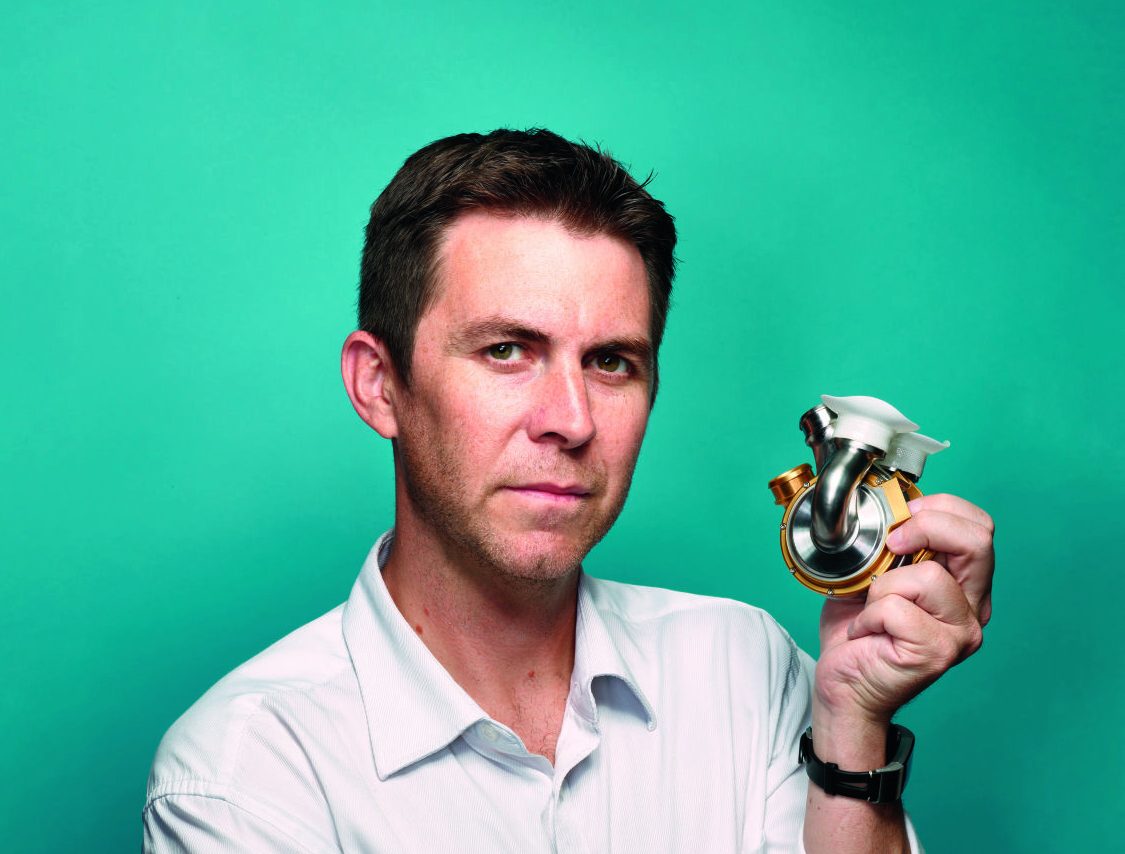A new drug was able to quickly and temporarily immobilise sperm in male mice, according to a study published Tuesday in Nature Communications, a discovery researchers described as a “game-changer” that could pave the way for a male contraceptive pill and could ultimately allow men to share equal responsibility with women for birth control.

Key Facts
A single oral dose of the drug immobilised mice sperm for up to two and a half hours and was 100% effective in the first two hours, the researchers said.
Treated mice showed normal mating behaviour but none impregnated a mate despite 52 different attempts to do so, the researchers said, compared to almost a third of mice impregnating mates after being treated with an inactive control substance.
The drug is fast-acting—Melanie Balbach, one of the study’s authors and a researcher at Weill Cornell Medicine, said it worked within 30 to 60 minutes—and works by inhibiting an enzyme needed for sperm to function.
It is also temporary, with efficacy dropping to 91% at three hours and fertility returning to normal by the next day.
These properties set the drug apart from many of the other efforts to develop a male contraceptive, the researchers said, which often rely on hormones to control fertility and can take weeks or months to be effective or to wear off.
The study demonstrates proof-of-concept for “safe, non-hormonal, on-demand, male contraceptives,” the researchers said, and while it may work in theory any product will be many years and a great deal of testing in the future.
What To Watch For
The discovery is a “game-changer” in the quest to develop another form of contraception for men, said Jochen Buck and Lonny Levin, pharmacology professors at Weill Cornell Medicine and senior authors of the study. The pair launched their own company, Sacyl Pharmaceuticals, to develop contraception based on the inhibitors and said the next step will be to repeat the experiment in a different animal model. Buck said this would “lay the groundwork for human clinical trials” and Levin said the team is already working to create inhibitors that would be “better suited for use in humans.”
Key Background
Though men and women share equal responsibility for birth control, the burden is disproportionately shouldered by women. In no small part, this is because it is the cisgender women capable of pregnancy, as well as transgender and nonbinary people, who bear the risks associated with it.
There are a plethora of birth control options available for women—including hormonal injections, patches, implants and pills, intrauterine devices (IUDs) and vaginal rings—many of which are accompanied by a long list of potential, possibly serious, side effects. Meanwhile, cisgender men (and other non-birthing parents) have two options: vasectomy and condoms.
Scientists have unsuccessfully sought to expand this list for decades and though some candidates have generated a lot of buzz, none have yet made it onto the pharmacy shelf. In part, this is because developing another form of contraception is simply not a priority for pharmaceutical companies.
Another problem is the side effects associated with some pharmaceutical contraceptives, which have halted some recent trials over the risk to participants despite being common to many female contraceptives already on the market. Levin said there is a higher bar for safety and side effects for potential male contraceptives because it is presumed men, who do not bear the risks associated with pregnancy, will have a lower tolerance than these for women.
Surprising Fact
Nearly half of all pregnancies around the world are unintended, according to the United Nations Population Fund, some 121 million each year. In many cases, women and girls have no control over whether to become pregnant at all. This is due to issues including sexual violence and coercion, gender inequality, education and a lack of contraception that they can control, access or suits their circumstances.
This story was first published on forbes.com
Look back on the week that was with hand-picked articles from Australia and around the world. Sign up to the Forbes Australia newsletter here.


